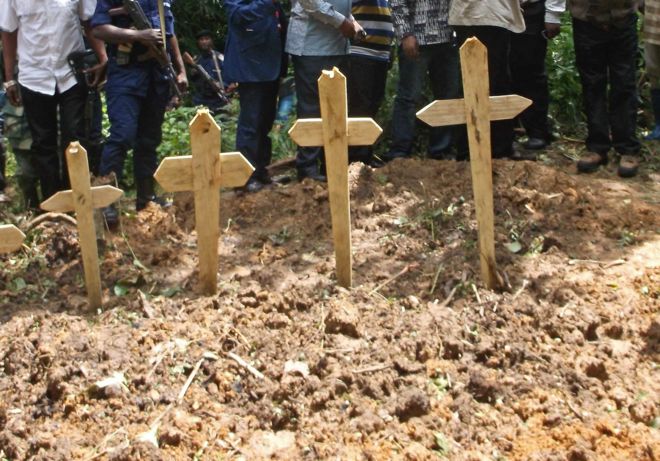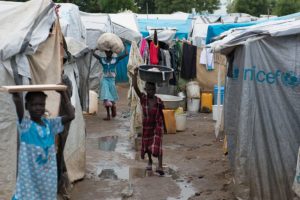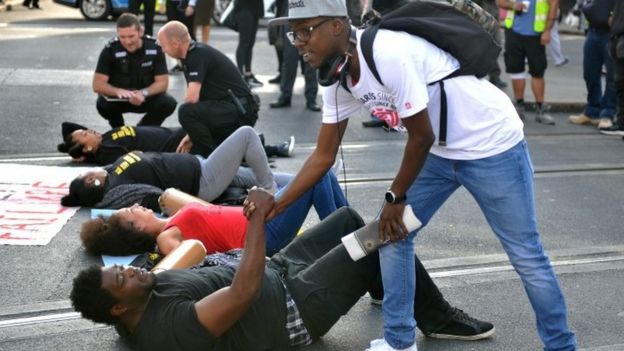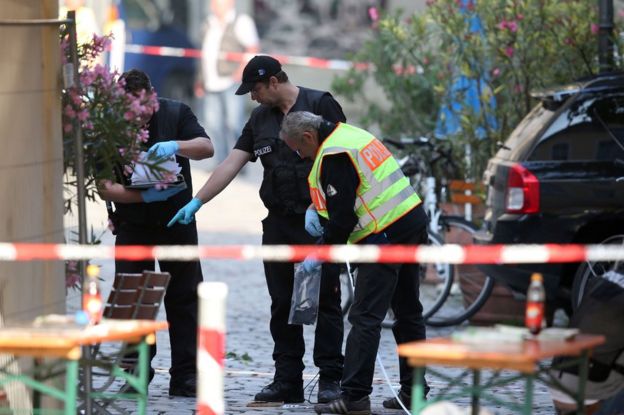By Sarah Lafen
Impunity Watch Desk Reporter, Europe
PARIS, France — In the wake of several major terrorist attacks within the past year and a half, France is taking measures to de-radicalize certain mosques in hopes of de-radicalizing its Muslim community. After the attacks in Nice last month, French Prime Minister Manuel Valls called for a ban on foreign funding of mosques for an indefinite period of time. Places of worship in France cannot legally receive state funding, leaving the only source of potential funding to outside donations often from foreign sources.

The French government has shut down 20 mosques since December, all of which preached Salafism – a strict, Sunni interpretation of Islam. France is home to approximately 1500 mosques, only 120 of which are apparently associated with Salafism.
French Interior Minister Bernard Cazenueve explained that the mosques that would be shut down are those which are “facilitating radical preachers.” Cazenueve also stated that France will continue to expel figures linked to radical Islam from the country.
In order to supplement the lack of foreign funding, the French Council of Muslim Faith (CFCM) announced that there will be a foundation established to help finance mosques in France. CFCM leader Anouar Kbibech stated that the majority of Muslims in France practice an open, tolerant version of Islam, and fully respect the laws of the republic. Cazenueve supports the proposed foundation, and hopes it is launched by October. Some have suggested that the foundation raises money by taxing halal food, however this idea is controversial due to the discrepancies regarding what actually constitutes a halal food.
Marwan Muhammad, director of the Collective Against Islamophobia in France, considers these movements to be suggestive of the notion that all mosques are involved in some sort of terrorism. Muhammad sees these actions as a “way of problematizing Muslims once again.”
France is home to the European Union’s largest Muslim community. Valls emphasizes the need for France to “invent a new relationship with Islam” by developing a “kinder, gentler form of Islam” by limiting foreign influences over the religion.
For more information, please see:
The Irish Catholic — France Closes 20 Radical Mosques — 11 August 2016



